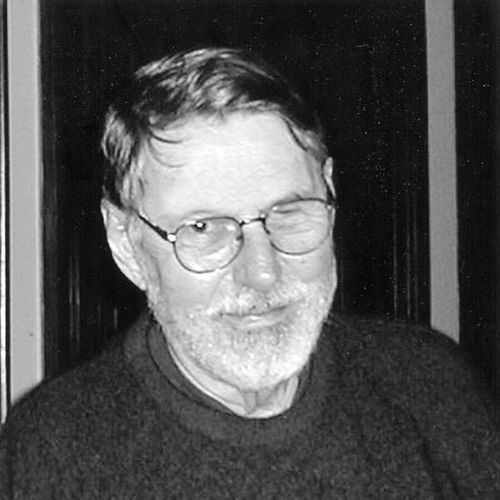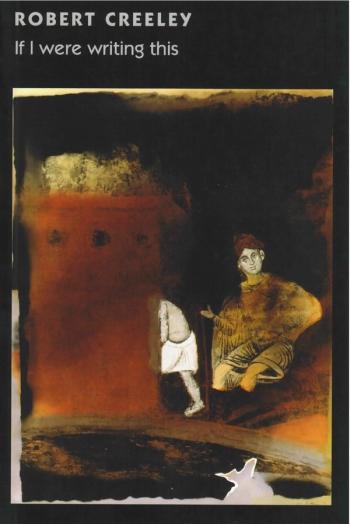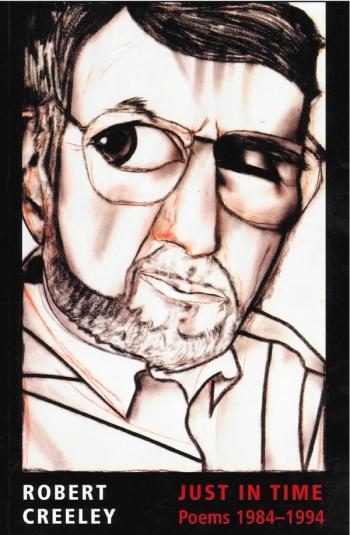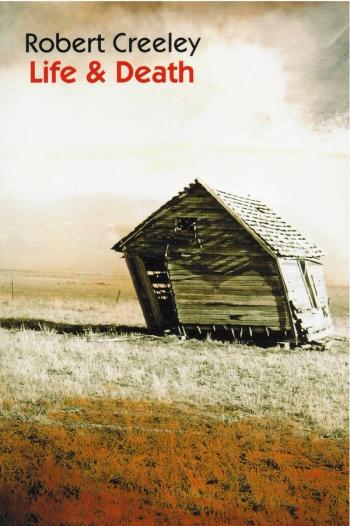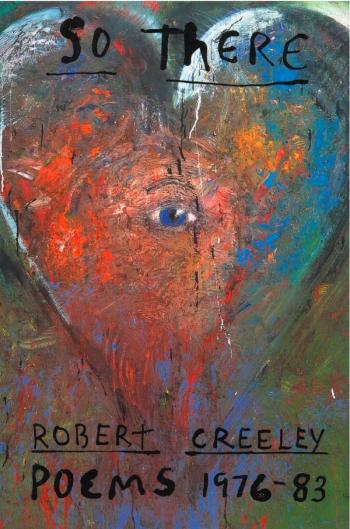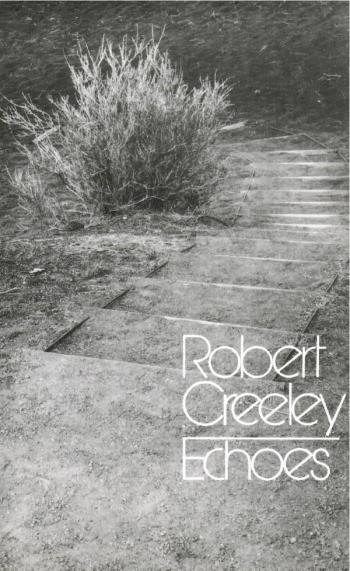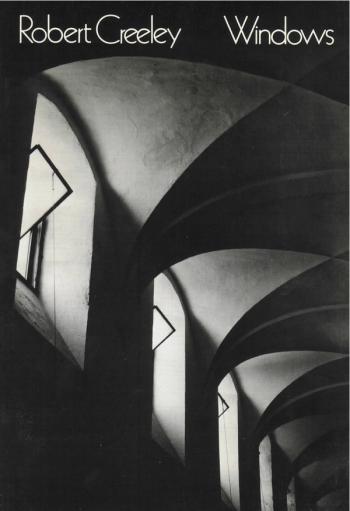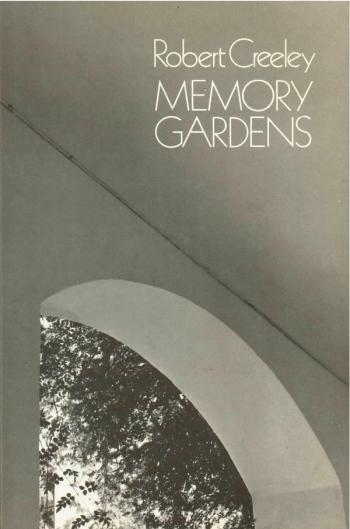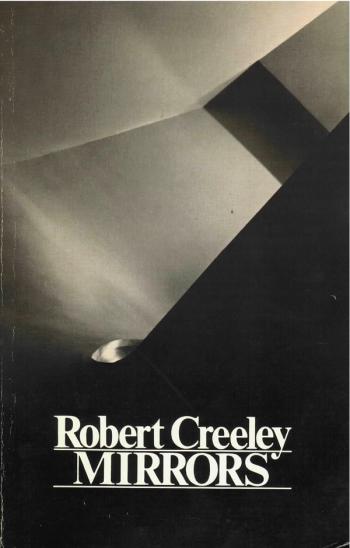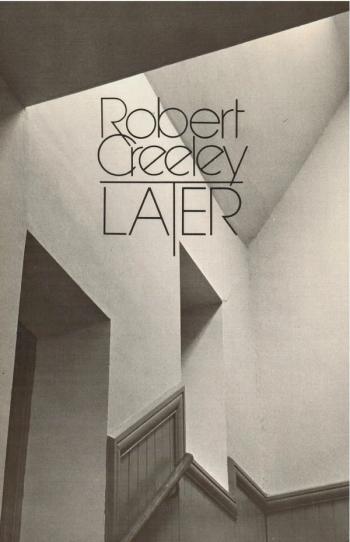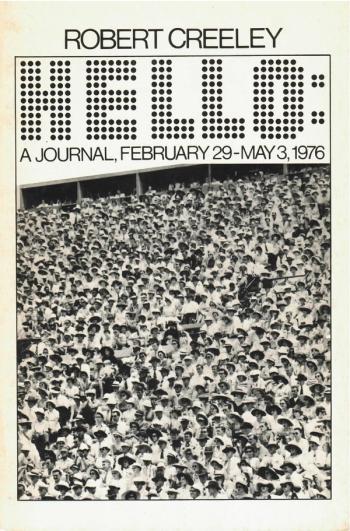Robert Creeley
Robert White Creeley (1926–2005), poet, novelist, short story writer, essayist, editor, and teacher was born in Arlington, Massachusetts. He entered Harvard University in 1943, leaving after one year to drive an ambulance in the India-Burma theater of World War II. He returned to Harvard in 1945 and helped edit Harvard Wake, no. 5, a special E.E. Cummings issue, in which Creeley’s first published poem, “Return,” appeared. After dropping out of Harvard during the last semester of his senior year, he started a close and fruitful friendship with Cid Corman and helped launch Corman’s magazine, Origin, which became the vehicle that most promoted Creeley’s poetry in the 1950s. During the 1950s, Creeley taught at Black Mountain College in North Carolina and was an editor of its innovative literary journal, the Black Mountain Review. He received his BA from Black Mountain College in 1955. Creeley was one of the originators of the “Black Mountain” school of poetry, along with Charles Olson, Robert Duncan, and Denise Levertov. These poets developed the theory of “projective verse”—a poetry designed to transmit the poet’s emotional and intellectual energy directly and spontaneously, depending on natural speech rhythms and line determined by pauses for breathing. Creeley’s frequently quoted statement, “Form is never more than an extension of content,” expresses an important precept of the Black Mountain poets. Although Creeley published several books of poetry during the 1950s, he did not received widespread recognition until 1962, when For Love: Poems 1950-1960 appeared establishing him as an important poet and presenting several of the concerns that occur throughout his work, particularly his focus on language and his preoccupation with human relationships. After getting his MA from the University of New Mexico, he taught there from 1961–1962. He has been affiliated with universities ever since, including University of British Columbia, and San Francisco State College. At the State University of New York at Buffalo, he was Professor of English from 1967–1978. In 1978 he was named David Gray Professor of Poetry and Letters, and presently he is their Samuel P. Capen Professor of Poetry and the Humanities. Creeley has received numerous awards for his work including the Levinson Prize in 1960, two Guggenheim fellowships, the Shelley Memorial Award and the Robert Frost Medal, both from the Poetry Society of America, and The American Awards for Echoes, 1994. He was elected to the American Academy and Institute of Arts and Letters in 1987 and received a Distinguished Fulbright Fellowship to serve as the Bicentennial Chair in American Studies at the University of Helsinki, Finland, 1988–89, and another Fulbright for the University of Auckland, New Zealand in 1995. He served as New York State Poet from 1989–1991. In 1995 he was a winner of the Lila Wallace-Reader’s Digest Writers’ Award. He is the 1999 winner of the biennial Bollingen Prize in Poetry, in June 2000, he was awarded the Lifetime Achievement Award from the Before Columbus Foundation American Book Awards, and he was the 2003 winner of a Lifetime Achievement Award from the Lannan Foundation.
